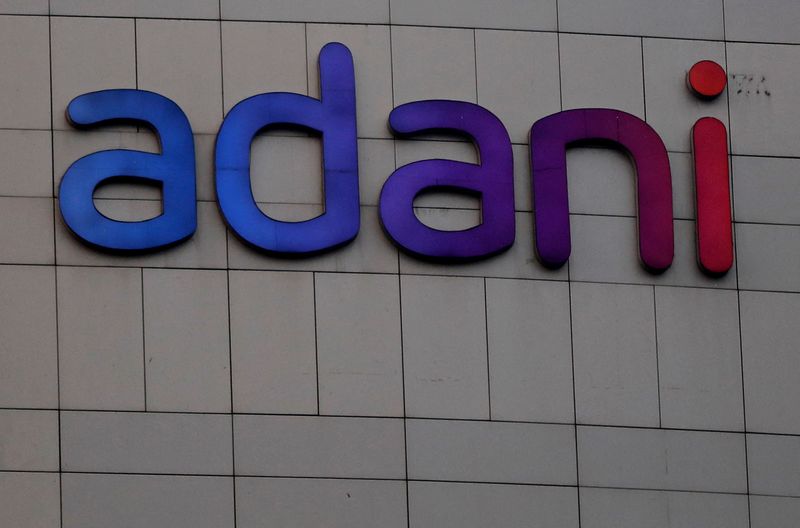
© Reuters
By Ambar Warrick
Investing.com– Shares of firms under the Adani Group fell sharply on Thursday, resuming a recent crash after index operator MSCI said that it no longer considered some securities issued by the group as free float.
The index operator said it will release more details on the matter later in the day, as part of its regular index review for the month. The move comes after a short seller report and ensuing share rout in Adani saw investors questioning whether the securities of the firm should be included in MSCI indexes.
MSCI describes free float as the percentage of shares outstanding that are available for purchase in public equity markets by international investors.
“MSCI has determined that the characteristics of certain investors have sufficient uncertainty that they should no longer be designated as free float pursuant to our methodology,” the index operator said in an announcement.
Adani Enterprises Ltd (NS:), the conglomerate’s flagship firm, tumbled 15% to 1,839.65 rupees, breaking two straight days of gains. Adani Ports and Special Economic Zone Ltd (NS:) was the second-worst performer in the group, down 7%, while shares of other firms under the conglomerate sank between 1.7% and 6%.
The move comes as another blow to the Indian conglomerate, which is struggling with a sharp decline in valuations after short seller Hindenburg Research accused the firm of engaging in fraud and widespread stock market manipulation. Hindenburg also raised concerns over the conglomerate’s elevated debt levels, and said its shares were substantially overvalued.
Responding to the MSCI statement, Hindenburg founder Nathan Anderson said “We view this as validation of our findings” on Twitter.
Adani has been racing to stem the stock rout triggered by the Hindenburg report. Shares of the conglomerate saw a brief respite this week after it said it had repaid over $1 billion worth of its debt prematurely, and was planning to further reduce debt.
But most shares of the firm are still trading between 40% to 60% below levels seen prior to the release of the report.


Be the first to comment